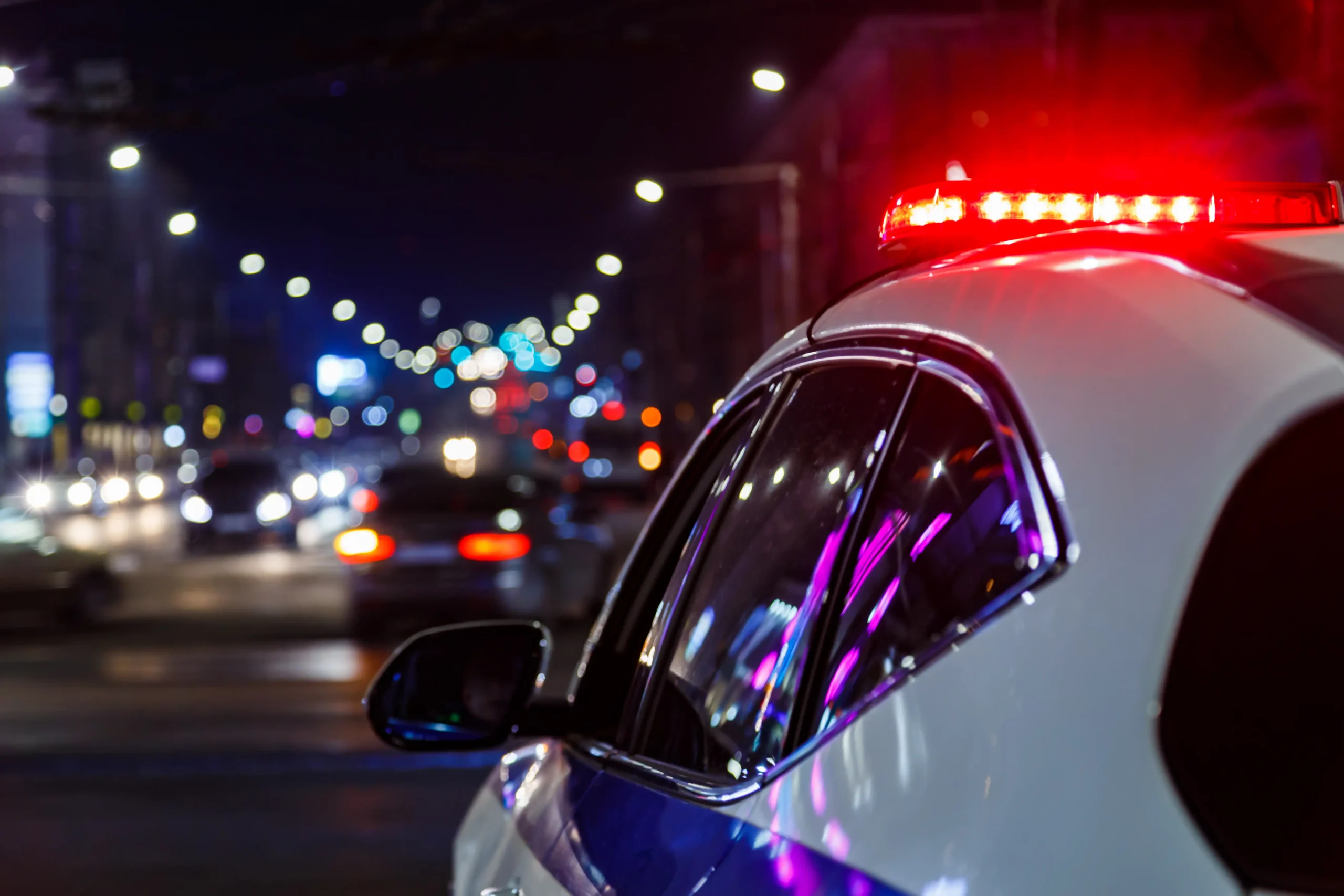New York’s Vehicle and Traffic Law section 1192 states that a driver is “legally intoxicated” if his blood-alcohol level is .08 or above. This statute also has separate categories for driving while a person is intoxicated to the point that they cannot safely operate a vehicle or their ability to operate a vehicle is impaired by alcohol. The bottom line is that two glasses of wine or beer during dinner with a friend just may land you in jail. You’d be surprised to find out just how little alcohol you need to blow a .08.

On February 13, 2021, an New York City Police Department cop was arrested for driving drunk on duty. Officer Paulius Simulevicius, 33, was charged with operating a vehicle while intoxicated and driving while ability impaired around 10:45 a.m. Friday after he was spotted drunk behind the wheel of a marked squad car in lower Manhattan, cops said.
No injuries were reported. However, the most important question from this outcome is that ‘What Happens if a Cop Gets a DUI?’
Law enforcement officers who break the law aren’t supposed to get special privileges. So, an officer who’s convicted of driving under the influence should face the same penalties as anyone else. But a DUI can also have an impact on a police officer’s employment, especially if the officer was on-duty at the time of the offense.
Police officers who are arrested for driving under the influence will normally be subject to an internal investigation. Depending on the investigation outcome, the officer might face consequences such as dismissal, administrative leave, or having to complete a substance abuse treatment program. If the incident involved the officer being impaired while on-duty, dismissal is generally the most likely outcome.
But even if the offense occurred while the officer was off-duty, the DUI penalties can make it impossible for the officer to keep doing his or her job. For example, an officer with a suspended license can’t operate a squad car and may be placed on leave, or administrative duty, until his or her driving privileges are restored.
Do police officers get fired for DUI?
If the incident involved the officer being impaired while on-duty, dismissal is generally the most likely outcome. But even if the offense occurred while the officer was off-duty, the DUI penalties can make it impossible for the officer to keep doing his or her job.
If this officer had caused an accident in which a motorist was injured or hit a pedestrian, both the officer and the City of New York, could have been sued. Where a municipality, such as the CIty of New York is involved, there are special rules to fililng lawsuits. To sue the City of New York, for personal injuries in a motor vehicle accident with a police officer, you need to file a notice of claim within 90 days of the accident.The statute of limitations is also shorter. While the statute of limitations for a standard car accident is three years, the statute of limitiations for a car accident involving a City vehicle is one year and ninety days. This rule applies to not only police vehicles, but lawsuits for accidents with garbage trucks, department of transportation vehicles and fire engines. Our New York City personal injury lawyers have extensive experience in representing people injured in accidents with City of New York vehicles.
